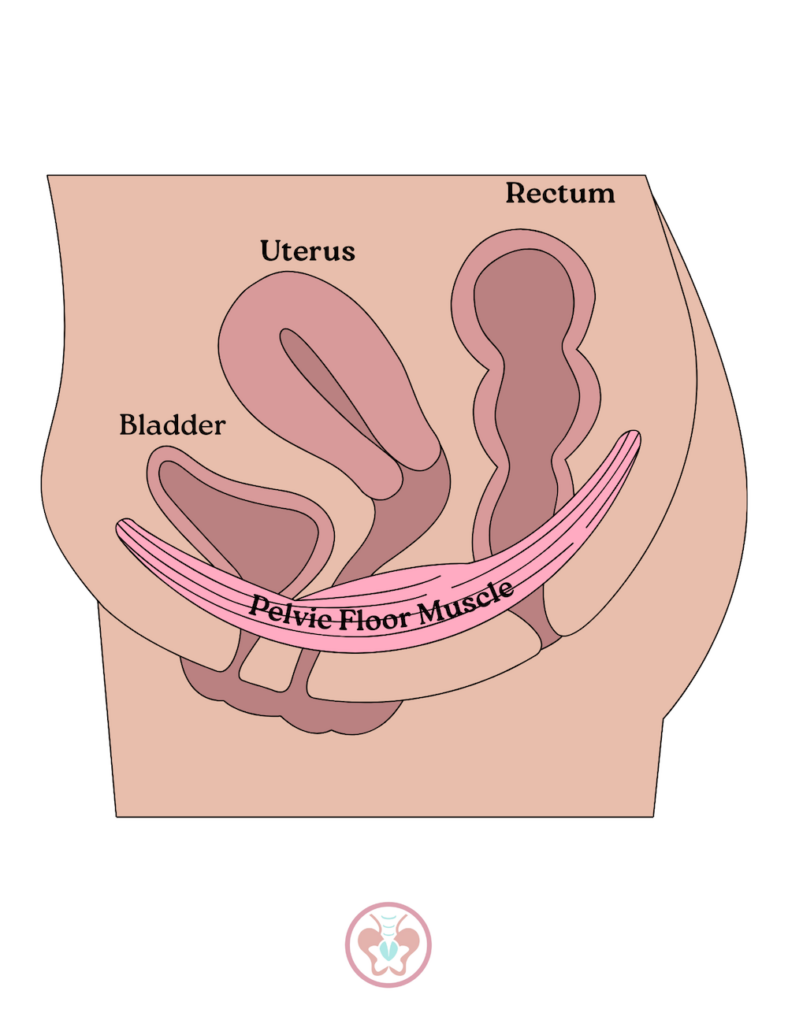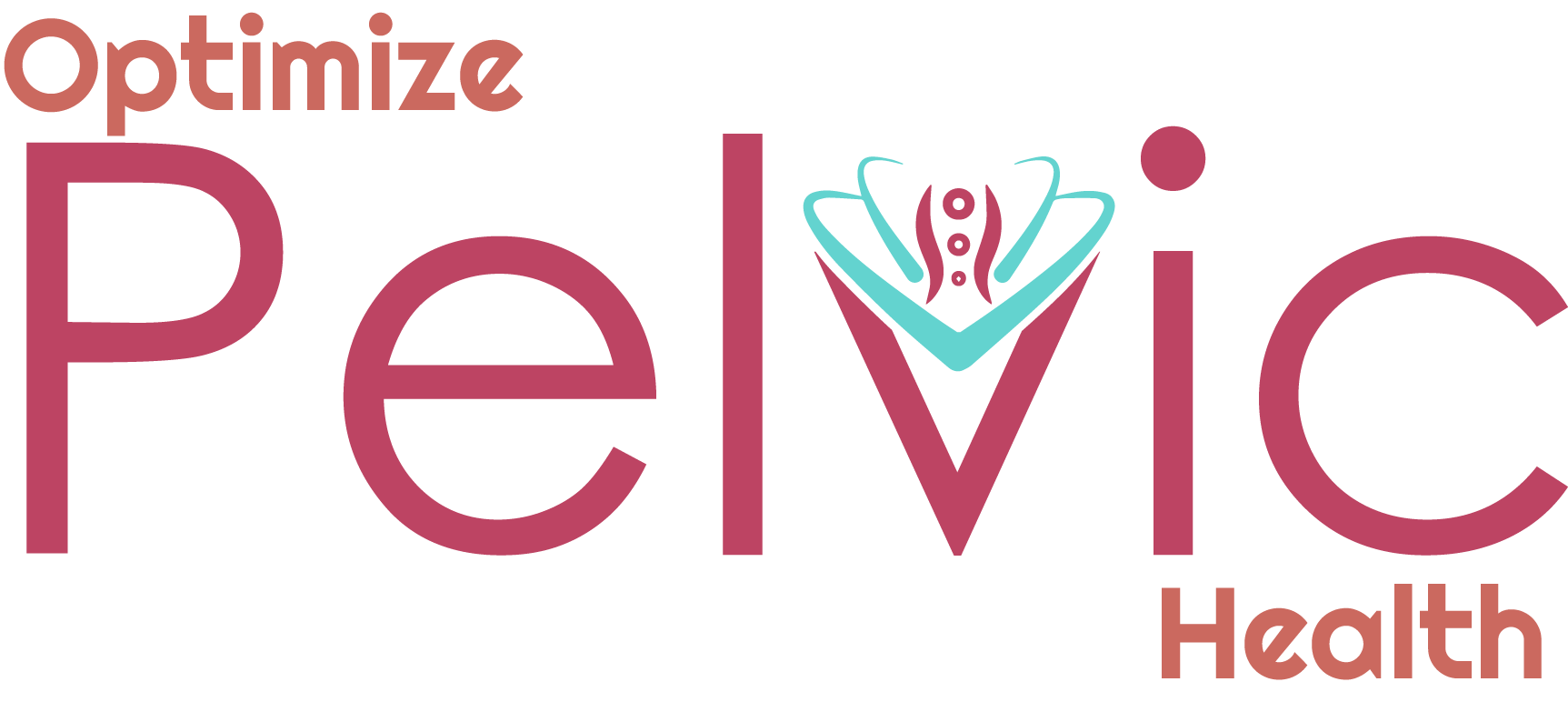In this post, we’ll explore how pelvic floor physical therapy helps with infertility.
To be frank: pelvic floor physical therapy can be life-changing.
Many people who seek out pelvic floor physical therapy do so because something isn’t working properly or they’re experiencing pain or discomfort.
Some people seek out pelvic floor physical therapy because they’re experiencing urinary or fecal incontinence, pelvic organ prolapse, pubic symphysis pain, or an array of other pelvic floor dysfunction symptoms, like pain during sexual intercourse.
Pelvic floor physical therapy can profoundly improve a person’s quality of life and minimize or altogether eliminate symptoms, pain, discomfort, and dysfunction.
What’s more: pelvic floor physical therapy can help with infertility, as well.
In today’s post, we’ll discuss exactly how and why pelvic floor physical therapy can help with infertility.
As always, if you have specific questions about your individual circumstances, consider reaching out to a board-certified pelvic health physical therapist to address your pelvic health and fertility-related concerns.
Pelvic Floor Physical Therapy: A Primer
We will unpack the connection between pelvic floor physical therapy and infertility momentarily. Before doing so, it’s critical that we first understand what the pelvic floor is and what pelvic floor physical therapy actually entails.
Meet Your Pelvic Floor, The Support You Probably Didn’t Know You Had
Your pelvic floor supports you and your body every day, at every moment, of your entire life. It’s like the best friend you never knew you had.
If you are like most people, you likely didn’t know where or what your pelvic floor was until something was “off.”
The pelvic floor muscles include all the musculature and connective tissues that support organs in your pelvis. These include but aren’t limited to your bladder, bowel, and reproductive organs.
Every human on Earth – regardless of gender and regardless of child-bearing status – has a pelvic floor. Perhaps the easiest way to think about your pelvic floor is to imagine a sling.Your pelvic floor musculature holds all these organs in their proper places while also simultaneously supporting your bodily functions – anything that occurs in the lower half of your body, such as urination, defecation, or intercourse.
This cross-section picture below can help you visualize where, exactly, your pelvic floor is situated in your lower abdomen. Note the sling-like appearance of the pelvic floor. Most people don’t think about their pelvic floor, or even know it exists, until or unless they experience some type of dysfunction, discomfort, or pain.

Which Conditions, Symptoms, or Disorders Can Pelvic Floor Physical Therapy Address?
At Optimize Pelvic Health, we see patients who are experiencing a vast array of pelvic floor dysfunction symptoms.
Simply put, pelvic floor dysfunction is an umbrella term that refers to when a person’s pelvic floor musculature is not functioning properly.
Because the “pelvic health” umbrella includes organs and muscles responsible for so many different bodily functions – including urination, defecation, and intercourse – pelvic floor physical therapy can help people to learn or re-learn muscle, movement, and/or coordination patterns for the aforementioned activities.
With that in mind, pelvic floor physical therapy can help address an assortment of conditions, symptoms, and dysfunctions. They include, but aren’t limited to:
- Urinary leakage (also known as urinary incontinence or stress incontinence)
- Pelvic organ prolapse
- Pelvic pain
- Fecal incontinence
- Diastasis recti (ab separation)
- Pregnancy care
- Postpartum care
- Cesarean section/c-section recovery
- Pubic symphysis pain
- Tailbone pain
- Endometriosis
- Dyspareunia (painful intercourse)
- Uterine fibroids
- Infertility
As you can discern, pelvic floor physical therapy can positively impact a wide array of conditions at many different stages of a person’s life.
How Pelvic Floor Physical Therapy Can Help With Infertility
Now that we understand the fundamentals of what our pelvic floor is and where it is situated, as well as how pelvic floor physical therapy can make a meaningful difference in a person’s life, we can finally explore the intersection of pelvic floor physical therapy and infertility.
When we discuss infertility, we mean the World Health Organization’s definition as a “failure to achieve a pregnancy after 12 months or more of regular unprotected sexual intercourse.” The CDC adds that “Because fertility in women is known to decline steadily with age, some providers evaluate and treat women aged 35 years or older after 6 months of unprotected sex.”
Reasons for infertility can be broad and far-reaching. Admittedly, some are beyond the scope of physical therapy, such as hormonal-related issues, in which case a pelvic floor physical therapist would refer the patient to a reproductive endocrinologist who could provide evidence-based care if the patient were diagnosed with PCOS (polycystic ovarian syndrome), Hashimoto’s hypothyroidism or other thyroid dysfunction, and/or endometriosis, some of the most common hormonally-based reasons for infertility.
However – and additionally – pelvic floor physical therapy can play a hugely important role in helping a patient address infertility when it comes down to how the patient’s pelvic floor currently is (or is not) functioning. What might this look like? Here are some examples:
- A couple has been trying to conceive for more than a year but hasn’t been successful. The patient reports that she experiences pain during sex (dyspareunia), and as much as she wants to have a baby, she dreads the process because of how she feels during it. It’s hard to get psyched up to “do it” when she knows how much it will hurt.
- Similarly, a couple is trying to conceive but hasn’t. The patient shares that she has had chronic pelvic pain ever since she experienced an accident at a young age.
- A couple has been trying to conceive for more than a year but hasn’t been successful. The patient shares that they have scars related to prior surgery that perhaps could be limiting blood flow, hindering their ability to conceive.
Pelvic floor physical therapists are clinically-trained medical providers who specialize in every aspect of the pelvic floor. As we previously discussed, the pelvic floor is responsible for everything from urination, defecation, and intercourse and reproduction.
In other words, if you are experiencing infertility in part due to something being “off” or “dysfunctional” with your pelvic floor – something hurting or feeling uncomfortable or tight, for example, or your pelvic floor musculature not functioning optimally – pelvic floor physical therapy can be helpful to ameliorate your dysfunction.
Pelvic floor physical therapy can be instrumental when it comes to addressing infertility, thanks to pelvic floor physical therapy’s visceral mobilization. This process has been shown to improve blood flow and restore organ motility (wherein every organ moves), both of which can contribute to help eliminate a person’s infertility.
Here are additional reasons that may be contributing to infertility that pelvic floor physical therapy can help address:
- Pain during sex (dyspareunia)
- Scar adhesions that limit blood flow (related to endometriosis, uterine fibroids, or post-surgical)
- Tight muscles or fascia in the pelvic floor
- Lymphatic system connections with organs not getting waste removed sufficiently
- Pelvic pain
- Nutritional deficiencies (a pelvic floor physical therapist could share evidence-based best practices for nutritional support during infertility and would refer out to a fertility-specialist dietitian for additional guidance)
- Support for menstrual cycle tracking
Connect with a Pelvic Floor Physical Therapist to Address Fertility Concerns Today
If you have been experiencing infertility, consider reaching out to a board-certified doctor of physical therapy who specializes in the pelvic floor today.
Pelvic floor physical therapy can play a critical role in a person’s care plan to help them manage their infertility. Pelvic floor physical therapists are experts in the optimal functioning of all parts of the pelvic floor musculature and fascia, so if the barrier to fertility is something “structural” within the pelvic floor, pursuing pelvic floor physical therapy can be helpful.
No matter the type of symptom you have been experiencing while trying to conceive – such as pain during intercourse (dyspareunia), tight pelvic floor muscles and fascia, pelvic pain, or any of the other myriad pelvic floor dysfunction symptoms – pelvic floor physical therapy can help.
You don’t have to live your life in pain or discomfort or relegate yourself to having painful, uncomfortable intercourse for the rest of your life.
You are worth it. You don’t have to give up on your desire to start a family.
We invite you to reach out today so that we can begin your healing journey together.


No responses yet